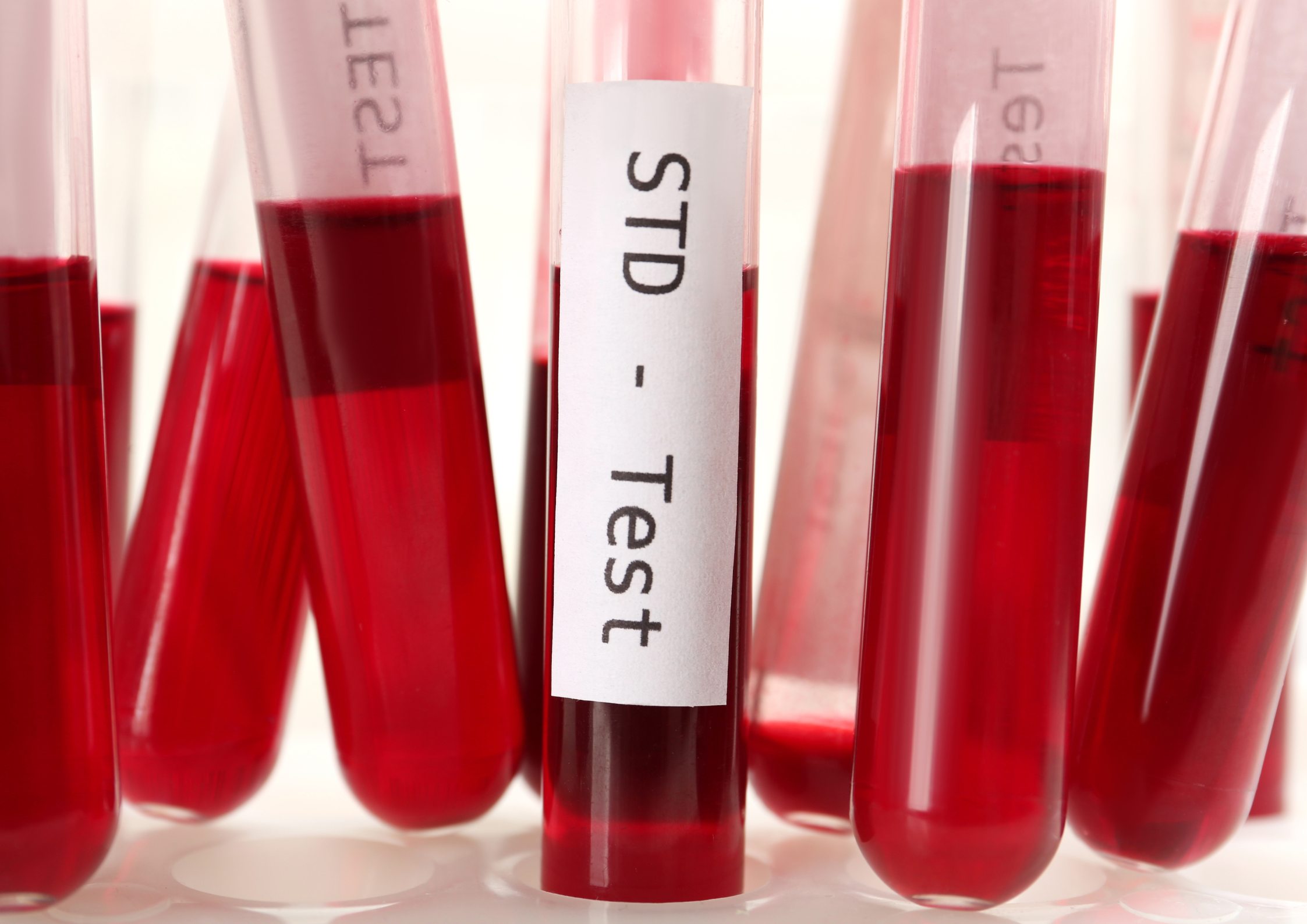Understanding STDs: Why Awareness Matters
Sexually transmitted diseases (STDs), also known as sexually transmitted infections (STIs), are infections passed from one person to another through sexual contact.
They can affect anyone — regardless of age, gender, or relationship status — and in many cases,they show no symptomsuntil complications occur.
In Malaysia, social stigma and lack of open discussion often mean people delay or avoid testing altogether. This can lead toserious long-term health consequences, including infertility, chronic pain, organ damage, and even life-threatening illness.
Early detection is key — and it starts with knowing what you might be at risk for.
Common STDs in Malaysia and Their Symptoms
1. Chlamydia
Cause:Bacteria (Chlamydia trachomatis)
Symptoms:Often no symptoms. When present, may include abnormal discharge, painful urination, pelvic pain, or bleeding between periods.
Risks if Untreated:Can cause pelvic inflammatory disease (PID), infertility, and ectopic pregnancy.
Treatment:Antibiotics prescribed by a doctor.
2. Gonorrhoea
Cause:Bacteria (Neisseria gonorrhoeae)
Symptoms:Painful urination, yellow or green discharge, pelvic pain. Some people remain symptomless.
Risks if Untreated:PID, infertility, joint infections, increased HIV risk.
Treatment:Antibiotics; some strains are antibiotic-resistant, so proper diagnosis is important.
3. Syphilis
Cause:Bacteria (Treponema pallidum)
Symptoms:
Stage 1: Painless sore at the infection site
Stage 2: Rash, fever, swollen lymph nodes
Stage 3 (if untreated): Damage to heart, brain, and other organs
Risks if Untreated:Severe organ damage, neurological problems, blindness, death.
Treatment:Antibiotics (usually penicillin).
4. Human Papillomavirus (HPV)
Cause:Virus with over 100 strains; some high-risk types linked to cervical cancer.
Symptoms:Often none. Some strains cause genital warts.
Risks if Untreated:Cervical, vaginal, vulvar, anal, and throat cancers.
Prevention:HPV vaccination, regular pap smears.
Treatment:No cure for the virus, but warts and abnormal cells can be treated.
5. Human Immunodeficiency Virus (HIV)
Cause:Virus that attacks the immune system.
Symptoms:Early flu-like illness, then long symptom-free period.
Risks if Untreated:Progresses to AIDS (Acquired Immunodeficiency Syndrome), leaving the body vulnerable to infections and cancers.
Treatment:Antiretroviral therapy (ART) to control the virus and prevent transmission.
When Should You Get Tested?
You should get tested for STDs if:
You havea new sexual partneror multiple partners
You’ve hadunprotected sex
You notice symptoms like discharge, sores, pain, or unusual bleeding
Your partner has tested positive for an STD
You’re planning a pregnancy
You simply want peace of mind — regular screening is part of healthy sexual wellness
Why Early Testing Is Important
Delaying testing can mean:
The infection spreads to others
The infection worsens and causes long-term health problems
Some infections become harder to treat over time
Remember:Many STDs are treatable and curable— but only if you know you have them.
Prevention Tips
Use condomsconsistently — the only contraceptive method that also prevents most STDs.
Get vaccinatedagainst HPV and Hepatitis B.
Limit your number of sexual partnersto reduce risk.
Have open conversationswith partners about sexual history and testing.
Get tested regularly— even without symptoms.
Where to Get Tested in Malaysia
STD testing is available in:
Government clinics (Klinik Kesihatan)
Private clinics and hospitals
Sexual health NGOs
Pistil’s partner clinicsfor discreet, women-focused care
The Pistil Solution: Private, Convenient, Judgement-Free
We know that stigma and privacy concerns can make STD testing uncomfortable.Pistilchanges that.
With Pistil, you can:
Book confidential STD screeningsat trusted partner clinics
Chooseprivate appointmentswithout long waits or awkward questions
Receivequick resultsand follow-up care if needed
Accesssexual health consultationsfrom the privacy of your home
Getdiscreet remindersto test regularly
Your health is personal — and at Pistil, we keep it that way.
Final Takeaway
STDs are common, often silent, butcompletely manageable with early detection. Don’t let fear or stigma stop you from taking care of your health.
💗Your health. Your privacy. Your choice.
📲 Book your confidential STD screening today viaPistil.ioor download the Pistil app.







